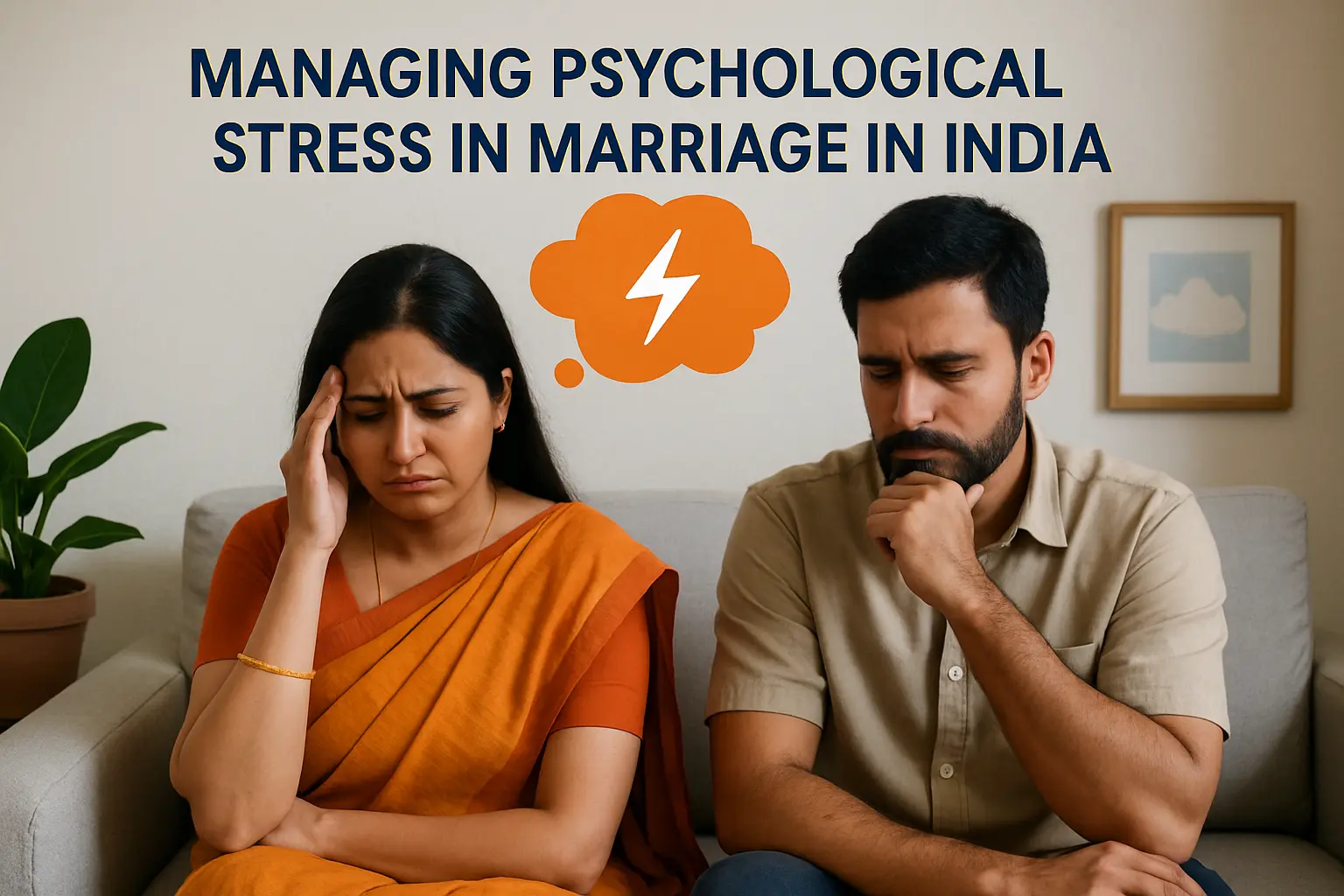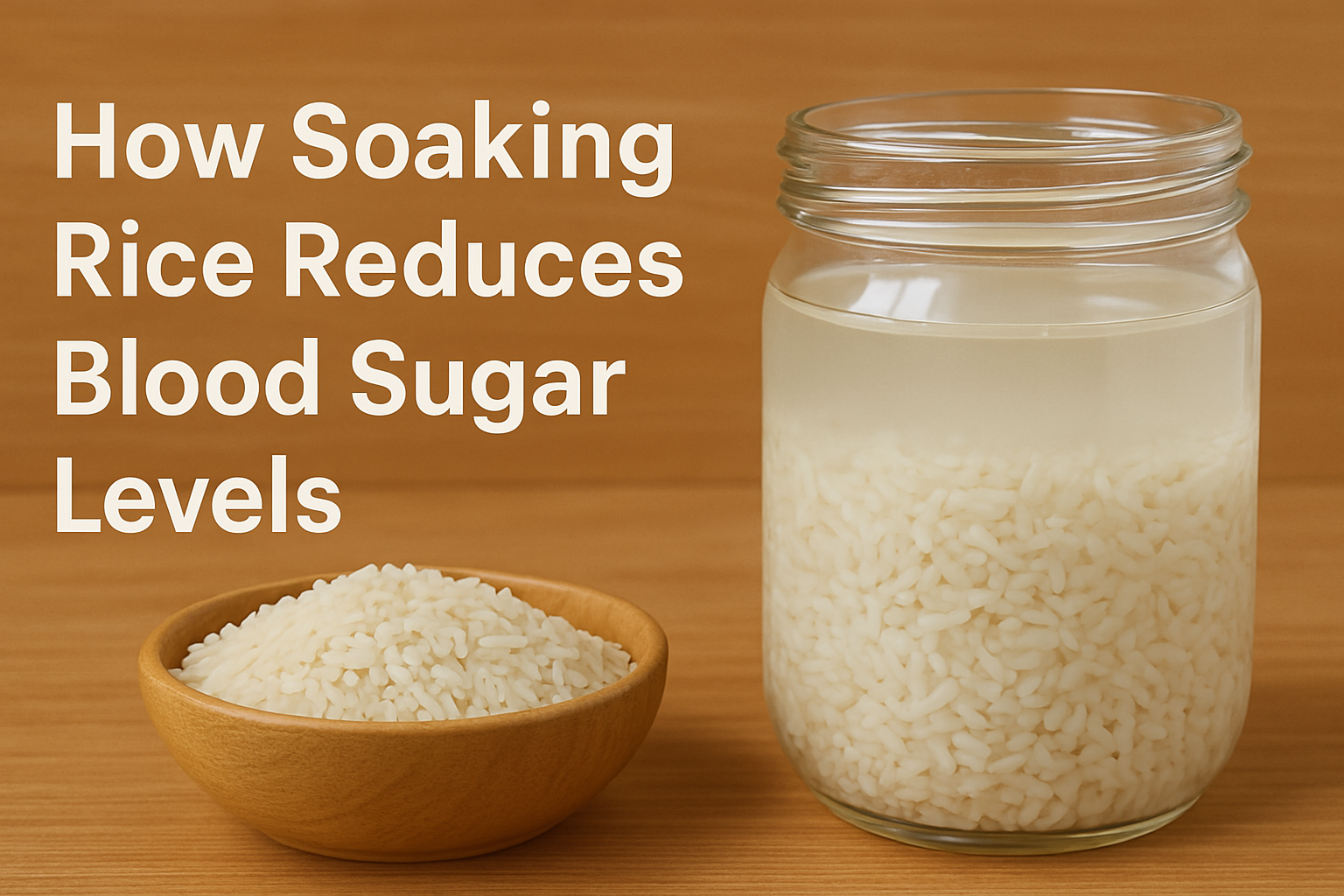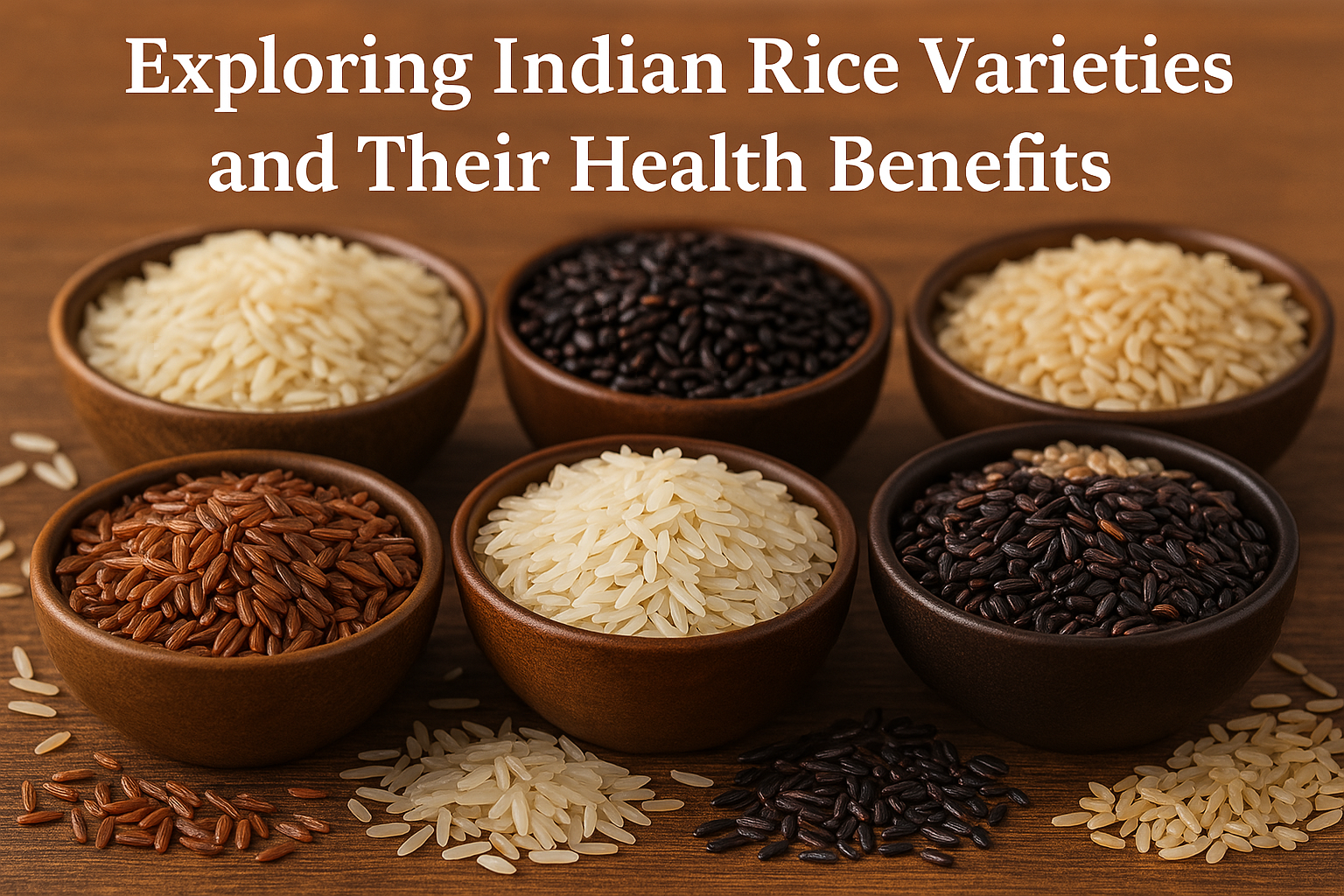It can be challenging to identify all the factors that contribute to why some couples have less difficulty getting pregnant than others. But research suggests that stress may be one factor that can affect the conception of math. Dr Shobha Gupta, IVF Specialist from Mother’s Lap IVF Centre, New Delhi shares some tips on reducing stress.
Several recent studies have found links between women’s levels of day-to-day stress and lowered chances of pregnancy. Anything that you see as frightening or harmful might cause stress. A single occurrence or excessive anxiety over anything might cause stress.
Chronic stress, or being stressed out all the time can lead to depression, and sleep disturbances. It can also make it more difficult to fight off common infections.
Is stress to blame for the inability to conceive?
Yes, most likely. According to a study done in the United States, too much stress might lead to infertility in women. The researchers discovered that women with high levels of stress were 29% less likely to become pregnant each month than those with lower levels. Too much stress in an occasional woman might alter her hormone levels, causing her egg release to be delayed or not occur at all.
Is infertility causing stress?
It’s possible. Many women undergoing infertility treatment are under as much stress as those suffering from cancer or heart disease. Each month, infertile couples face stress: first, they hope that the woman is pregnant; then, if she isn’t, they must deal with that sadness.
Why is infertility stressful?
Most couples are accustomed to making plans for their future. When a couple is told they are infertile, they often feel helpless and lose control of their bodies and their lives. They feel that if they work hard enough, they will be able to attain their goals. When it’s difficult to conceive, people feel as if they have no control over their bodies or their desire to become parents. It may not be feasible to have a kid with infertility; no matter how hard you try. Tests and therapies for infertility can be physically, emotionally, and financially draining. Infertility can lead a couple to become estranged, which adds to their stress.
Factors contributing to stress which causes infertility :
- Unhealthy lifestyle choices such as smoking, alcohol, and drugs
- Marital disturbance
- Job or business stress
- Personal injury or illness
- Death of a close family member
- Late marriages
Women with hectic jobs are those most at risk and are often most in denial about the stress in their lives.
What are some ways to reduce stress?
1. Sleep is beneficial to your health – It is essential to maintain a consistent sleeping routine, with at least 6-7 hours of sleep every night.
2. Avoid reading emails or making business calls before going to bed; instead, spending time with your partner may be calming at times, so simply speak it out.
3. Sex is also important: Having a healthy sex life with your spouse improves your relationship and helps you conceive.
4. Quit smoking and drinking—these habits can cause serious difficulties and make it difficult to conceive.
5. Limit your use of laptops, computers, and phones, especially at night, since the radiation they emit can seriously affect your fertility. Invest your time in your partner instead of working late.
6. Finally, but certainly not least, seek expert guidance- You are the greatest person to know about your body. But, when you feel like things are going wrong and not going your way, it’s time to seek fertility help from a specialist.

































